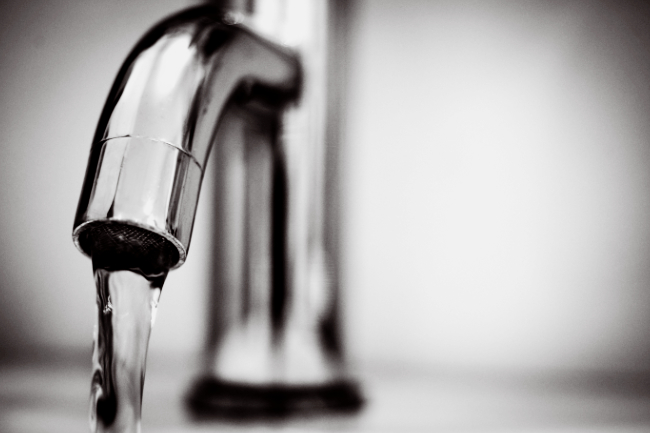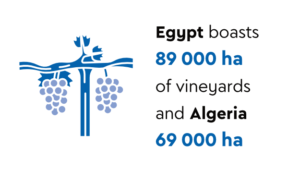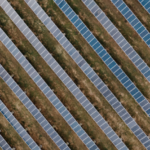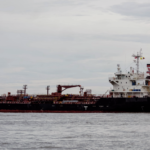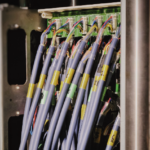The City of Cape Town is on track towards finalising its New Water programme (NWP) to avoid another Day Zero, which saw the Mother City almost run out of water during the drought of 2017 and 2018.
While its strategy has yet to be approved, planning and design of at least one project is well under way, according to the Engineering News.
The publication reports that the NWP, which has an estimated overall price tag of ZAR8.5 billion, envisages using, among others, desalination and wastewater recycling to add 300 million litres a day to the city’s tap water supply.
The City hopes that in 15 years’ time, only three-quarters of its tap water will come from surface water, augmented by 11% from desalination; 7% from groundwater; and 7% from reuse.
A feasibility study for a proposed seawater osmosis desalination plant – earmarked for Paarden Island close to the Atlantic Ocean – is advanced according to the City representative in charge of water and sanitation, Zahid Badroodien. Detailed studies are also being undertaken on the feed-water quality, he says.
‘The process design of the desalination plant is robust and international precedent shows that the technology can, with confidence, treat the raw water from the ocean,’ he says.
Meanwhile, the wastewater recycling plant will aim to produce up to 100 million litres a day of purified, recycled drinking water once completed.
Badroodien says cities around the world including Windhoek, Singapore and parts of the US have successfully implemented wastewater recycling schemes. ‘The city is actively drawing on these experiences to refine its own approach,’ he says.
He explains that the Faure New Water Scheme will include a water purification plant that will further purify wastewater already treated at the recently upgraded Zandvliet wastewater treatment so that it meets international quality standards for drinking water. The Faure plant will use multibarrier purification process to remove contaminants to safe levels, including ozonation, biological activated carbon filtration, granular activated carbon filtration, ultrafiltration, UV advanced oxidation and disinfection of the reused water.
The treated water will then be blended with water from the local Theewaterskloof and Steenbras dams, which will again be treated at the Faure plant before being pumped to users.
The City has yet to approve the Faure project but the planning and design work has been completed.

